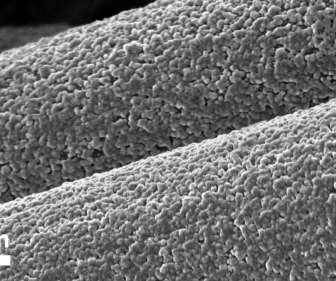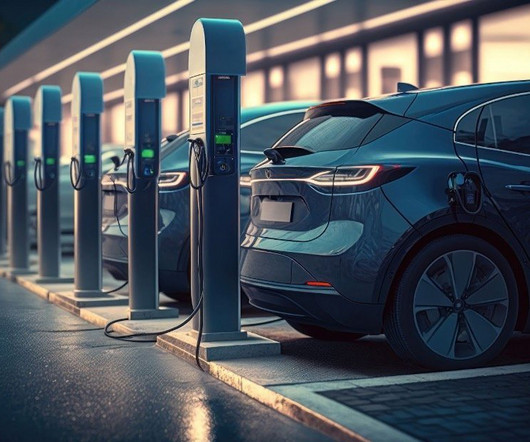New aqueous rechargeable lithium battery shows good safety, high reliability, high energy density and low cost; another post Li-ion alternative
Green Car Congress
MARCH 8, 2013
Schematic illustration of the aqueous rechargeable lithium battery (ARLB) using the coated lithium metal as anode, LiMn 2 O 4 as cathode and 0.5 Researchers from Fudan University in China and Technische Universität Chemnitz in Germany have developed an aqueous rechargeable lithium battery (ARLB) using coated Li metal as the anode.

































Let's personalize your content